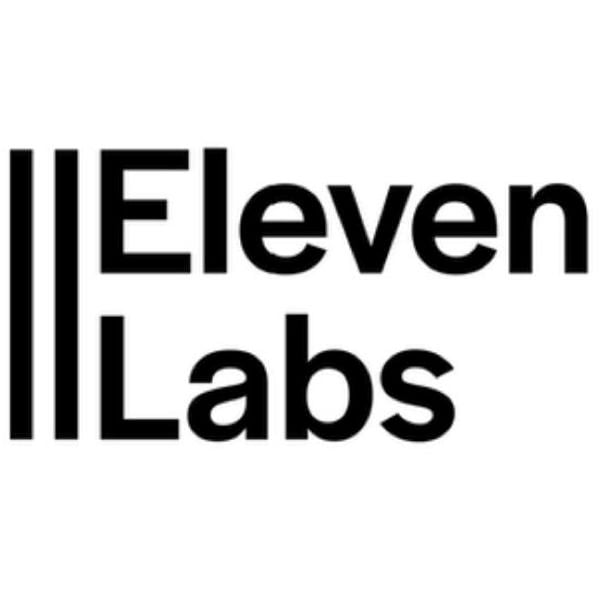I think it is more likely than not A.I. will prove tremendously destructive to the availability of on-air jobs.
Both Audacy and Beasley are mentioning "A.I." in their corporate-speak blather these days. They probably are not alone, but those happen to be the two examples I've seen firsthand.
It doesn't take a rocket scientist to figure out how they wish to deploy it.

 radioinsight.com
radioinsight.com
Both Audacy and Beasley are mentioning "A.I." in their corporate-speak blather these days. They probably are not alone, but those happen to be the two examples I've seen firsthand.
It doesn't take a rocket scientist to figure out how they wish to deploy it.

Audacy Partners With ElevenLabs For AI Voices - RadioInsight
Audacy has announced a partnership with voice AI research and deployment company ElevenLabs to utilize their library of artificial voices for programming and production use. Audacy states, "this partnership will create a robust library of voices for Audacy to deliver custom experiences for...
 radioinsight.com
radioinsight.com




